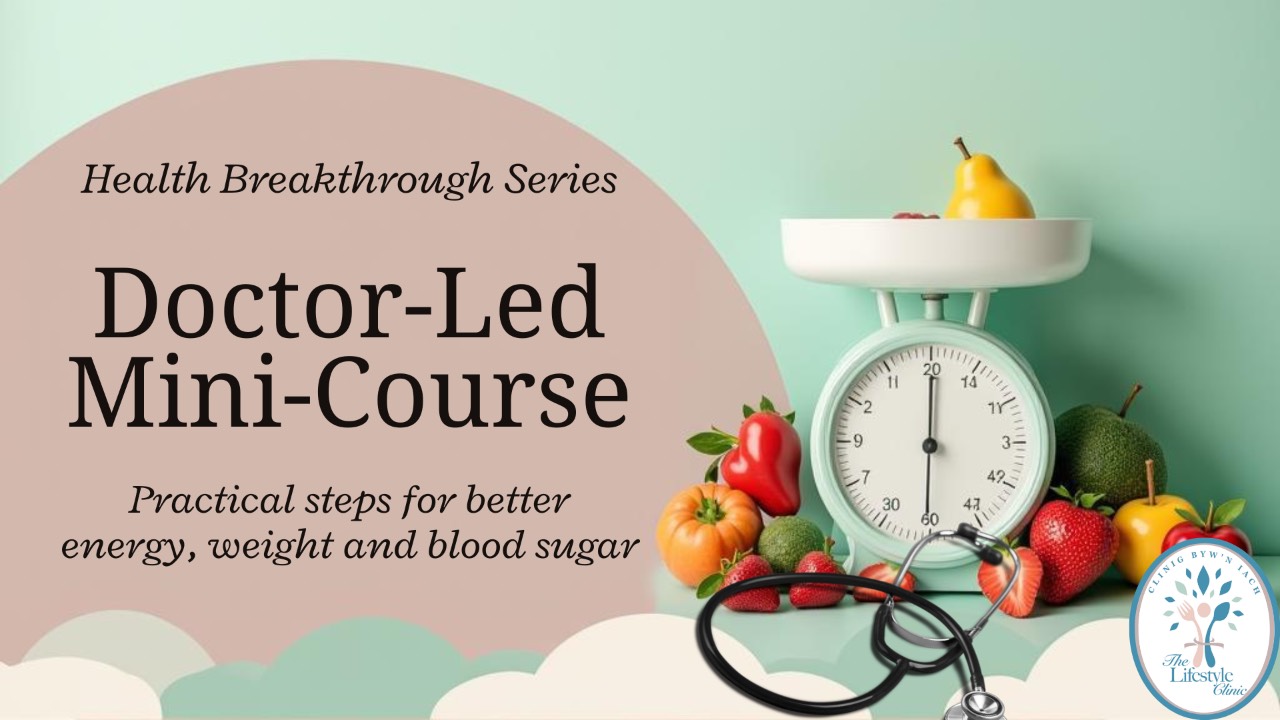
Can the bacteria that live in our bowel help us lose weight?
Jul 06, 2023When it comes to weight loss, many factors come into play, including diet, exercise, and lifestyle choices. However, there's a hidden player that lives within us that we are only now starting to understand. Tiny little bacteria that can significantly impact our weight and overall well-being—the gut microbiome. The trillions of microorganisms residing in our digestive system play a crucial role in metabolism, nutrient absorption, and even influencing our food cravings. In this blog post, we will explore the fascinating relationship between the gut microbiome and weight loss, and how nurturing a healthy gut can support your journey towards a healthier weight.
Understanding the Gut Microbiome
The gut microbiome refers to the diverse community of microorganisms, including bacteria, viruses, fungi, and other microbes, that inhabit our digestive tract. This complex ecosystem interacts with our bodies in numerous ways, influencing digestion, immunity, mood, and even weight regulation. The balance of the gut microbiome can be influenced by various factors, such as diet, stress levels, medication use, and lifestyle choices.

Gut Health and Metabolism
The key to a healthy gut is the diversity. Diversity refers to the amount of different species that reside in our large bowel. The more the better. When this becomes deplete or imbalanced it can lead to an overgrowth of harmful bacteria and a decrease in beneficial bacteria. Certain types of bacteria have been associated with increased calorie extraction from food contributing to weight gain. Overgrowth of certain bacteria are thought to lead to inflammation, and insulin resistance, while others are linked to better weight management and metabolic health. A healthy and diverse gut microbiome promotes efficient metabolism, aiding in weight loss and weight maintenance.
Impact on Food Cravings and Appetite Regulation:
The gut microbiome has a profound influence on our food cravings and appetite regulation. Certain bacteria can release chemicals and neurotransmitters that can speak directly to our brain leading to feelings of hunger. This in turn can affect our food choices and portion sizes. Imbalances in the gut microbiome may lead to increased cravings for unhealthy, calorie-dense foods. Nurturing a healthy gut microbiome through diet and lifestyle changes can help reduce cravings and support healthier food choices.
Nutrient Absorption
A healthy gut microbiome aids in the absorption and breakdown of nutrients, including carbohydrates and fats. It plays a vital role in extracting energy from the food we consume. Imbalances in the gut microbiome can affect the efficiency of nutrient absorption, potentially leading to weight gain or difficulty losing weight.

Inflammation and Weight Management:
Chronic inflammation has been associated with weight gain and obesity-related complications. The gut microbiome plays a significant role in modulating inflammation levels within the body. Imbalances in the gut microbiome can contribute to increased inflammation, which may hinder weight loss efforts. A healthy gut microbiome promotes a balanced inflammatory response, supporting optimal weight management and overall health.
If we are to avoid the illnesses that might arise from chronic inflammation and weight gain we must first and foremost consider the bacteria in our gut. Each mouthful of food we eat carries a responsibility to feed these bacteria to help them thrive in a hostile environment.

4 ways to improve the diversity of our gut bacteria
- Include Fibre-rich Foods: Consuming a variety of fibre-rich foods, such as fruits, vegetables, legumes, and whole grains, provides nourishment to beneficial gut bacteria. The more variation the better as this will encourage more diversity. 'Eat the rainbow' is a great way to think about increasing the variety of vegetables. Try incorporating vegetables in the colour of the rainbow each day. Can you try a brand new vegetable each week?
- Probiotics and Fermented Foods: Probiotic food include bacteria that we can eat to increase the diversity of our gut microbiome. These include yogurt (without added sugar), sauerkraut, kefir, and kimchi. These foods can help restore microbial balance and support a healthy gut environment.
- Minimize Processed Foods and Added Sugars: Processed foods and excessive sugar can negatively impact the gut microbiome and promote the growth of harmful bacteria. Avoid food containing emulsifiers and sweeteners if possible & choose whole, unprocessed foods and limit added sugars to foster a healthy gut environment.
- Manage Stress Levels: Chronic stress can disrupt the balance of the gut microbiome. Incorporate stress-reducing techniques into your day. Examples include mindfulness/meditation, and even 10 minutes each day of something you enjoy.
Looking after the gut microbiome is a way of self-care. Without them we become ill. This fascinating area of research is providing us with many clues that we can use to our benefit. Considering how we feed them may unlock weight loss journeys free from cravings that could benefit us all.

